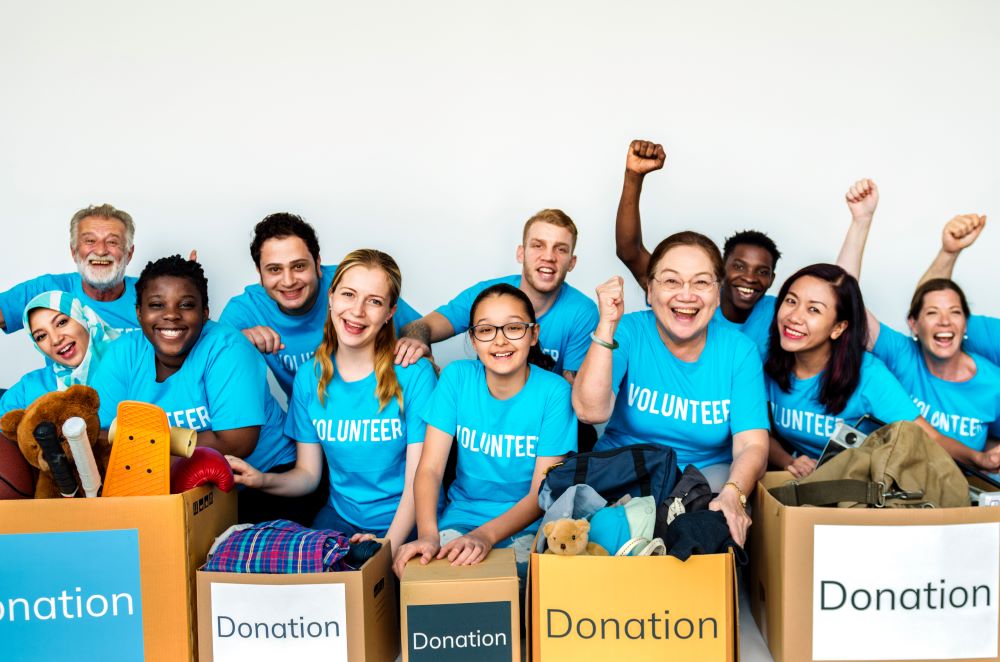Sickness remains the most universal human experience that erases the division of language, culture, or geography. Yet access to basic healthcare still eludes much of the world lacking essential infrastructure, supplies and personnel. Into this void step visionary medical non-profits, such as the good folk over at Brother’s Brother Foundation, expanding care to underserved regions through innovation, partnerships, and steadfast community focus. These groups manifest care beyond borders – bringing compassion within reach even amidst the deepest inequality.
Bridging the Gap: Healthcare Where Governments Can’t Reach
Stark disparities characterize global health. Despite recent progress, low-income regions still suffer twice the rate of child mortality and triple the maternal fatalities compared to high-income countries. National governments struggle to match healthcare supply to exploding young populations spread thinly across rural villages or urban slums. Most can’t afford the comprehensive investment in clinics, equipment and staff required to cover nationwide needs at hub hospitals – let alone peripheral communities.
Instead, small under-funded public clinics and regional NGOs (non-governmental organizations) heroically stretch scant resources to manage overwhelming patient loads often lacking reliable electricity or clean water. Families walk days seeking help as understaffed outposts ration basic medicines. Many simply cannot obtain care, costing lives needlessly. Into this void leap courageous NGOs delivering health access despite insuperable odds.
Delivering Stopgap Services: Parachuting Where Governments Can’t Reach
Iconic solutions often involve American doctors periodically parachuting in to provide pop-up clinics treating hundreds of patients over days in remote villages otherwise lacking any care access. Certain groups excel rapidly deploying mobile medical teams for crises like disease outbreaks or wars disrupting existing health systems. Such interventions showcase lifesaving capability, helping the hurting against all odds.
Yet such sporadic camp-style interventions inherently limit follow-up continuity or ability to address complex chronic conditions over time. Health impacts remain constrained to temporary moments of relief. Still, for many global communities clinging to existence without infrastructure enabling government piped-in healthcare, such imperfect interventions line the thin margin between life and death.
Building Local Systems: Training Communities to Heal Themselves
Innovative NGOs increasingly shift from transient service delivery models towards priorities, strengthening local capacity for communities to manage their own sustained health outcomes. Partnerships with regional hospitals or clinics focus on permanent infrastructure upgrades, practitioner training and community health education, so quality care persists long after foreign organizations eventually transition out.
Strategic medical non-profits tailor facility upgrades matching local needs and existing skill sets. Expanding maternity wards or HIV testing reflects endemic concerns. Groups also customize training for local assistants and community health workers covering preventative care or symptom triage gaining trust as familiar neighborhood advisers. Central focuses include disease surveillance systems, telehealth access and emergency response coordination to alleviate suffering when the next crisis comes.
Through layered knowledge transfer and collaborative capacity building, NGOs enable clinically and culturally attuned care rooted in neighborhood trust and self-sufficiency, creating localized care systems with staying power.
Research and Advocacy: Fighting for Health Equity Globally
Finally, select medical non-profits transcend service gaps through trailblazing research unlocking solutions for neglected diseases or advocating improved policies ensuring equitable access globally. Groups fund pioneering scientists developing breakthrough tools against entrenched killers like malaria devastating poor regions. Legal advocates push heightened accountability from pharmaceutical giants rationing medications out of reach for neediest patients overseas.
Conclusion
Such complex challenges demand multidimensional approaches, pairing biomedical advances with ethical political reforms leveling terrain for healthcare equity globally. Medical non-profits stand poised as catalysts, rallying the resources and vision needed for realizing health as fundamental human right beyond privilege. Healing hands offer hope worldwide.
For more informative articles, check out the rest of our site!

